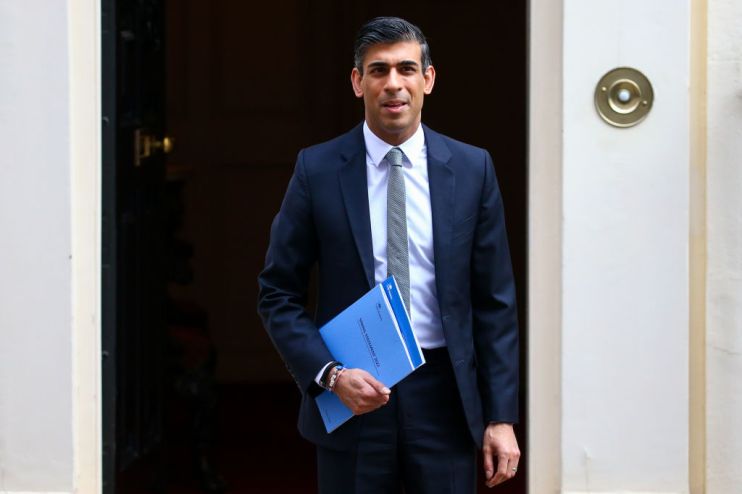Chancellor urged to cut household bills by £200 with ‘retrofit revolution’

A group of the UK’s most senior housing figures have called for a “retrofit revolution” to improve energy efficiency of millions of homes across country, and drive down soaring energy bills.
Rather than offering temporary relief for struggling households through windfall taxes and support packages, the Building Back Britain Commission has urged the Chancellor Rishi Sunak to commit £2.3bn a year to making 2.3m homes in England more energy efficient.
This would be funded through an existing £9.2bn pledged for energy efficiency measures set out for this Parliament in the Conservative Party’s 2019 election manifesto.
It argued an average of £200 per year could be saved just from moving a home from an EPC rating of band D to a band C.
This would permanently drive down costs for consumers, and ensure the government would not be fighting a “losing battle on both net zero and energy bills.”
The commission’s research revealed 2.3m homes across England are valued below £162,000 and have a EPC rating of D or worse – and are located in ‘levelling up’ areas.
Many homes under this critical value are old and in poorer areas, with the average retrofit bill to get them to a band C is around £10,000.
This means occupiers and landlords face a strong disincentive to make the homes warmer, exacerbating fuel poverty.
It also indicates they would benefit the most from targeted government support.
The commission is an independent group of some of the highest profile organisations in the housing sector, and includes the chief executives of Barratt Developments, Legal & General, Mace, Thakeham, NHBC and Riverside Group.
Terrie Alafat CBE, chair of the Building Back Britain Commission and The Riverside Group, said: “Government needs to get serious about tackling the cost of living crisis with radical action to improve the energy efficiency of millions of our homes.”
“In the long-term, taking decisive action now to make our homes more energy efficient will enable the UK to make much-needed strides forwards on the path towards net zero. In the short-term, it will also mean lower fuel bills for millions of people who are suffering as a result of the energy crisis and urgently need help with the cost of living.”
The findings were included a new report from the commission, which exposes the enormous challenge of decarbonising the UK’s ageing housing stock.
The situation facing households is increasingly desperate, with food, fuel and energy prices spiking to record levels amid spiralling inflation, which has hit a 40 year of nine per cent.
Household energy bills spiked to nearly £2,000 per year last month, with energy specialist Cornwall Insight forecasting that the consumer price cap could rise again to over £2,600 per year in October.
Ofgem has recently unveiled plans to review the price cap on a quarterly basis, which could mean the cap could rise again January during the depths of winter, when demand is at its peak.
Market carnage has seen nearly 30 suppliers exit the market, directly affecting over four million customers with Bulb Energy de-facto nationalised.
It has been propped up by at least £2.2bn of public money, the biggest state bailout since RBS in 2008.
The Chancellor did announce council tax savings for houses in bands A-D and a £200 annual cut through a £9bn rebate scheme when the rise in the cap was first announced in February.
However, since the Russia has invaded Ukraine – causing wholesale prices to skyrocket.
Since then, Sunak has so far held off from making any further announcements, or undertaking an emergency budget, to alleviate costs on consumers.